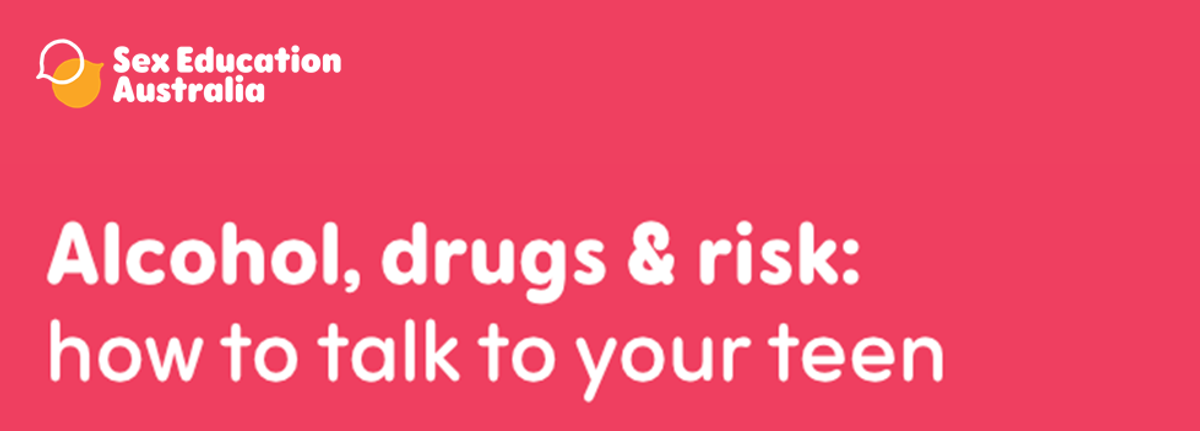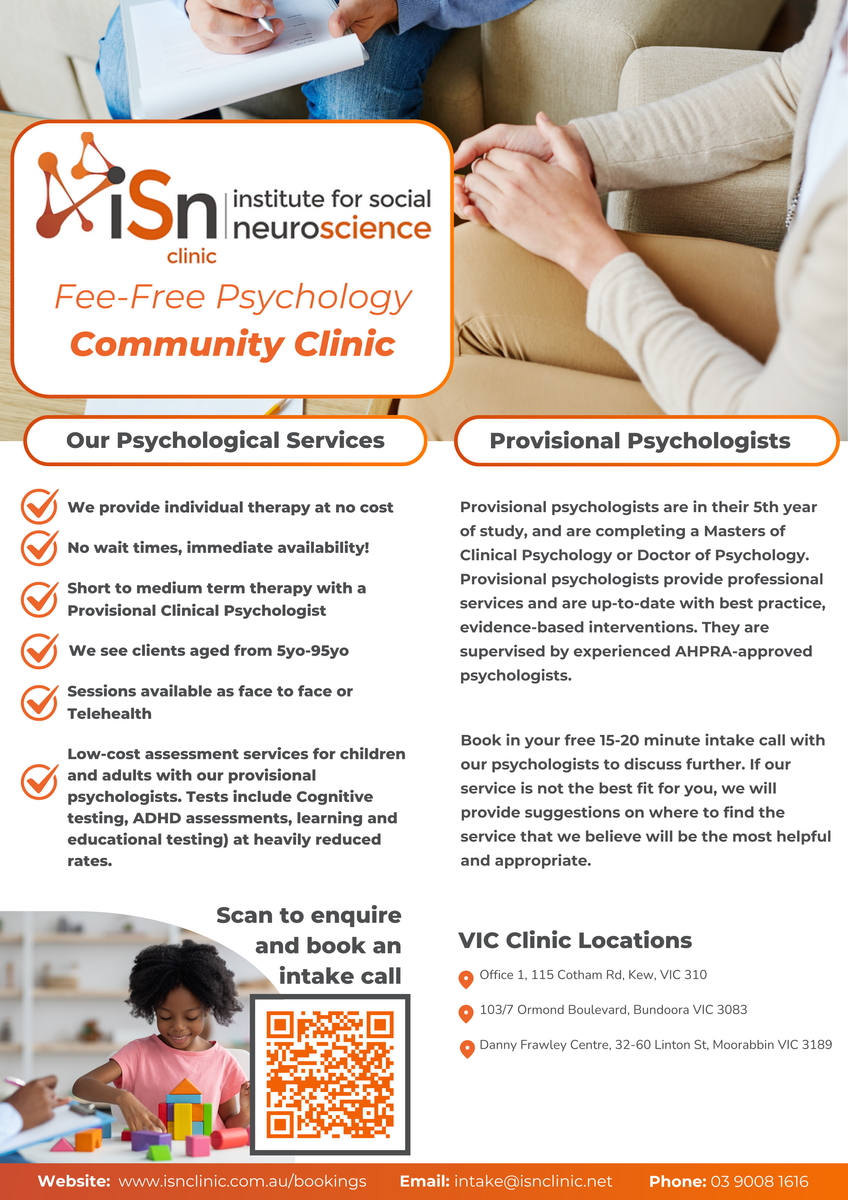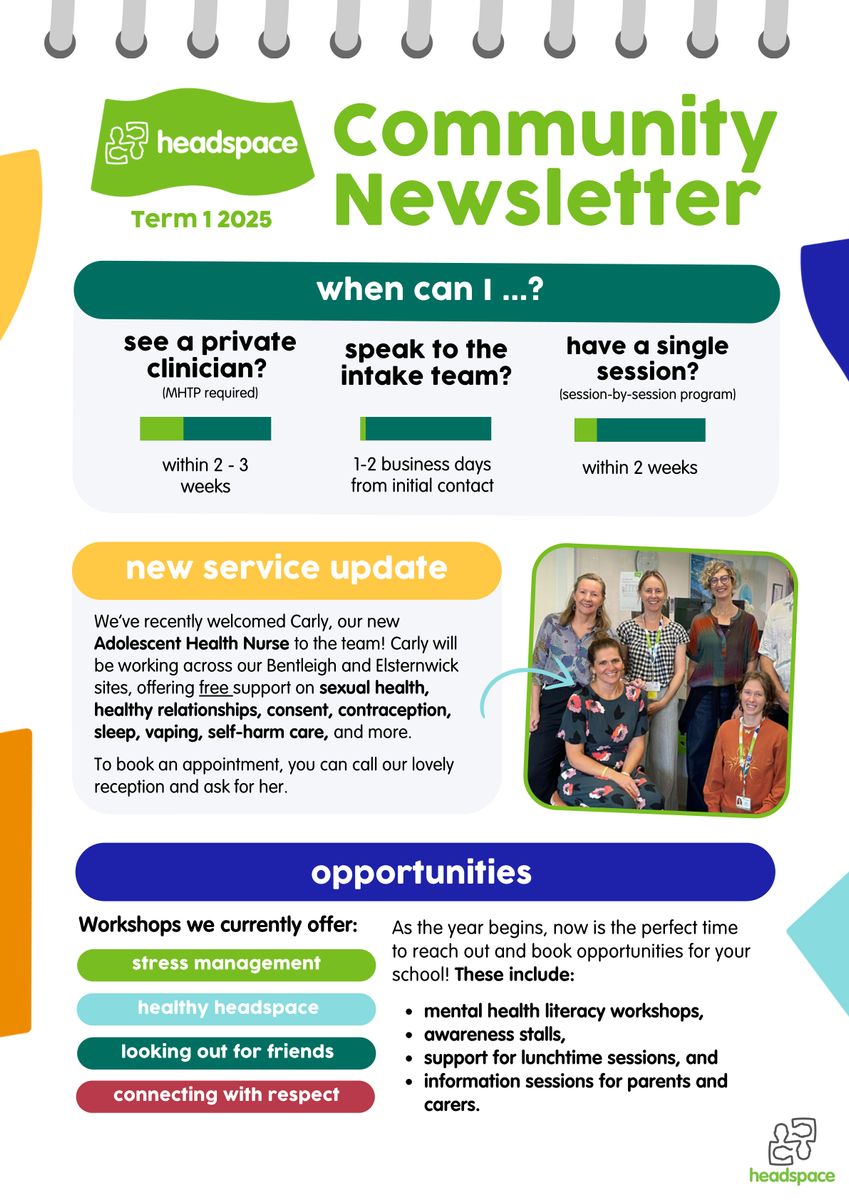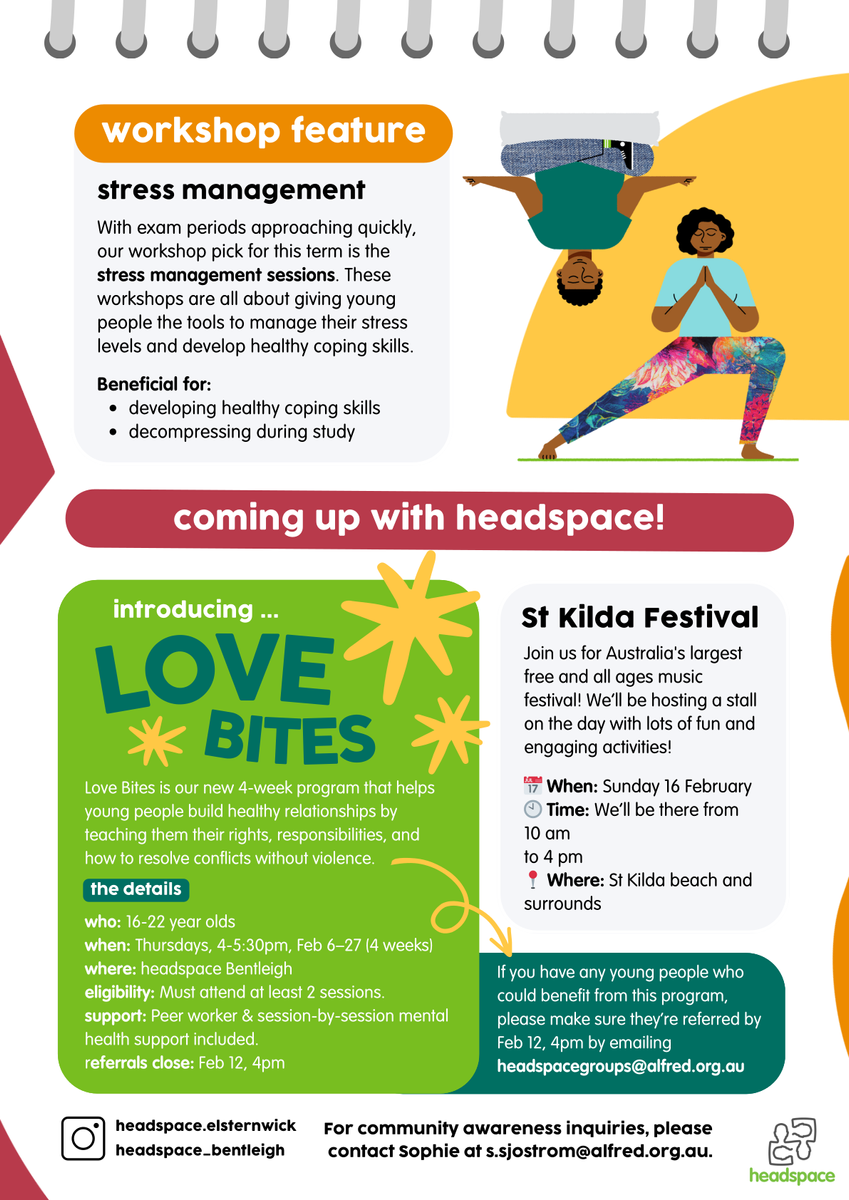Wellbeing Matters
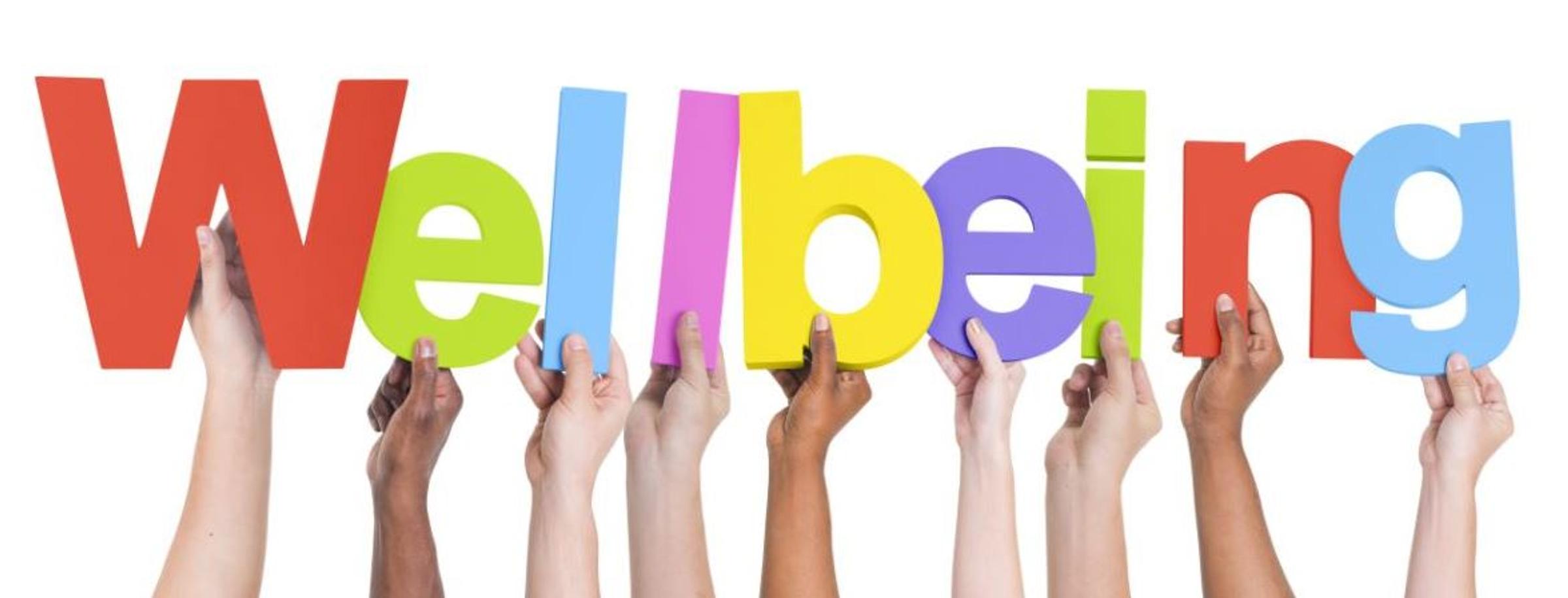
Teen talk: risky behaviour and situations. How to start the chat
This is specially written for parents of teenagers, around 15 years old. Parents and caregivers of younger children might also find it a useful read.
Often it can be helpful for us as parents to think about future chats and challenges that might be looming on the horizon, and as well, younger children can be more open to listening, so with a mature-minded 11 - 13 year old, this topic might be something you consider having a talk about.
As always, you know your child best, and whether it’s appropriate to initiate a conversation with them about this. While discussions about drugs or alcohol may not be appropriate now, the effects of peer pressure, and what that really means, can certainly be relevant to younger children. Do they ever experience pressure to watch horror movies, for example, or do risk-taking physical things on their bike, or climbing trees etc?
Having chats about what peer pressure actually means can be helpful for younger children as well.
At 15, teens may encounter parties, peer pressure, or experimentation. Instead of just saying, ‘Don’t do it,’ we need to equip them with tools to make safe choices.
How to talk about it
It’s important to make it a conversation, not a lecture:
🗣 ‘If you were at a party and someone offered you alcohol, how do you think you’d handle it?’
Discuss the effects of substances honestly.
🗣 ‘Alcohol affects people differently. Do you know what it does to your brain and body?’
Give them an exit strategy if they ever feel pressured. Setting up family code words ahead of time can be a part of this. Some parents decide to let their child know ahead of time that they can call them — any time — no questions asked, to be collected from a party or a friend’s house, or park or other location. Often teenagers don’t call their parents because they’re afraid of getting into trouble. If we want to make sure our children are safe, perhaps considering this type of approach is important. What do we want for them bottom line?
🗣 ‘If you ever need to leave a situation, text me a code word, and I’ll come and get you—no questions asked.’
Tips for parents
✅ Teach them refusal strategies—role-play different responses.
✅ Encourage them to look out for friends and step in if someone is unsafe.
✅ Make sure they know they can call you if they need help.
Addressing a teenager's involvement with alcohol, drugs, and risky situations can be challenging, especially if they become defensive. Here are some practical strategies to navigate these sensitive discussions:
Choose the right moment
Initiate conversations during calm, non-confrontational times. For instance, while driving or during a shared activity, when your teen may feel more at ease.
Use open-ended questions
Encourage your teen to express themselves by asking questions that require more than a yes or no answer. Example: ‘Can you share what happened at the party last night?’
Practice active listening
Show genuine interest in their perspective. Avoid interrupting, and reflect back what you hear to ensure understanding. Example: ‘It sounds like you're feeling a lot of pressure from your friends.’
Avoid immediate judgements
Reacting with anger or disappointment can cause your teen to shut down. Being critical of their friends can likewise make your child defensive. Instead, try to approach the situation with empathy and understanding. Example: ‘I understand that you're curious, and it's normal to want to fit in.’
Set clear boundaries together
Collaboratively establish rules and consequences related to substance use. Involving your teen in this process leads to clear expectations and better understanding of consequences. Example: ‘Let's agree on what the expectations are and what happens if they're not met.’ Be clear about whether you have a zero tolerance expectation, and stick to what you feel is important.
Educate about risks
Provide factual information about the effects of alcohol and drugs. Discuss how these substances can impact young people’s health, academic achievements, and future goals. There is a lot of scientific information available now that wasn’t really talked about thirty or even twenty years ago, so making sure that you’re informed and can pass on to your child this important information is key. There’s nothing wrong with telling them that when you were growing up there just wasn’t the same amount of information, and that if there had been, you might have made different choices yourself! That their generation is lucky to have access to a greater amount of info, and it’s more accurate! Example: ‘Did you know that alcohol can affect your ability to concentrate on your studies?’ ‘Do you know what actually happens in a physical sense to your brain when you drink alcohol?' and ‘Do you know how alcohol can affect decision making and risk taking?’
Encourage positive activities
Support your teen in finding hobbies or interests that promote a healthy lifestyle and provide a sense of belonging. Example: ‘Have you thought about joining the school's sports team or music club?’ ‘Is there something you’d like to pursue out of school? How can we make it happen?’
Seek professional support
If substance use persists, consider involving a counselor or therapist who specialises in adolescent behavior. Professional guidance can offer tailored strategies and support, and talking alone to your GP to get advice on available services can be a first great step.
Australian resources for support
- Alcohol and Drug Foundation: Offers information and resources for parents to discuss alcohol and drug use with their children. adf.org.au
- Family Drug Support: Provides 24-hour telephone support for families affected by alcohol and drugs. Call 1300 368 186.
- Counselling Online: A free, text-based counseling service for individuals and families dealing with substance use. Available 24/7
- Better Health Channel: Offers guidance on how parents can address drug use with teenagers. betterhealth.vic.gov.au
Remember, maintaining open communication and showing unwavering support are crucial in helping your teen navigate these challenges.
By having these open, ongoing conversations, you help your teen develop confidence, independence, and decision-making skills. They may not always seem like they’re listening—but trust us, they are. 💛
Webinars for parents and carers |eSafety Commissioner
News from headspace
Community Mentors for Students
We often get asked within the Wellbeing Team about community mentors for students and ‘A Path to Follow’ is a local organisation which has just that. Read more here.
Ms Dilek Yucel (Psychologist, Head of Wellbeing), Ms Rachel Felmingham (Mental Health Practitioner), Mr Elin Kim (Counsellor), Ms Tara Coates (Social Worker) and Bali (Therapy Dog)

